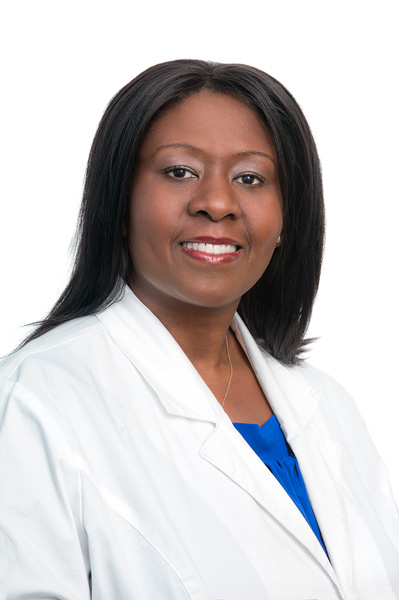

In a recent Women In Optometry WO Voices podcast, Lauretta Justin, OD, of Orlando, Florida, talked about the difficult changes she and her husband had to make when two of her sons were diagnosed on the autism spectrum. She has taken the tips and strategies she has gleaned from being a parent of special needs kids and taken those to heart for her practice.
She recalls a health care provider asking her how she would manage a child who was in a wheelchair, and she said, “I’d build ramps.” That was her aha moment. “I was trying hard to make my children to conform to the world the way that I thought that they should rather than me accommodating their world.”
Visual communication
Special needs children often learn through their visual systems. Her efforts to explain to her sons where they were going and what would happen was not working to prepare them for trips to the doctor’s office or other events. “Now when we go anywhere, we first put it into the calendar. Then we create a social story,” she says. That might include a photo of the place or the doctor and a checklist of what to expect during that visit. “That really reduced their anxiety and my anxiety,” she says.
She uses that same strategy in the office now. She’ll demonstrate a procedure on a parent or even a sibling so that the patient can see the process and reduce the anxiety over it. Videos could serve the same purpose, she says.
Scheduling
Dr. Justin’s practice, Millennium Eye Center, is a primary care, full-scope practice. It’s not a pediatric practice, but she is still able to accommodate special needs patients, many of whom are brought in because of an active referral network in the community of families of special needs patients. She’ll schedule these patients for the first slot of the day, and she’ll be ready when the family arrives so that she can immediately usher the patient in. More conversations and faces can overstimulate some patients.
Then she plays it by ear. She always speaks directly to the patient, and if she needs to do parts of the exam sitting on the floor or stays in her larger pretesting room, she will accommodate that. If a child needs eyewear, she’ll typically go pull some frames off the board herself rather than introduce the patient to yet another new setting.
Parents and caretakers appreciate her level of concern for the patient’s emotional well-being, and she says that the process brings her great joy.
Listen to Dr. Justin’s full podcast here.





